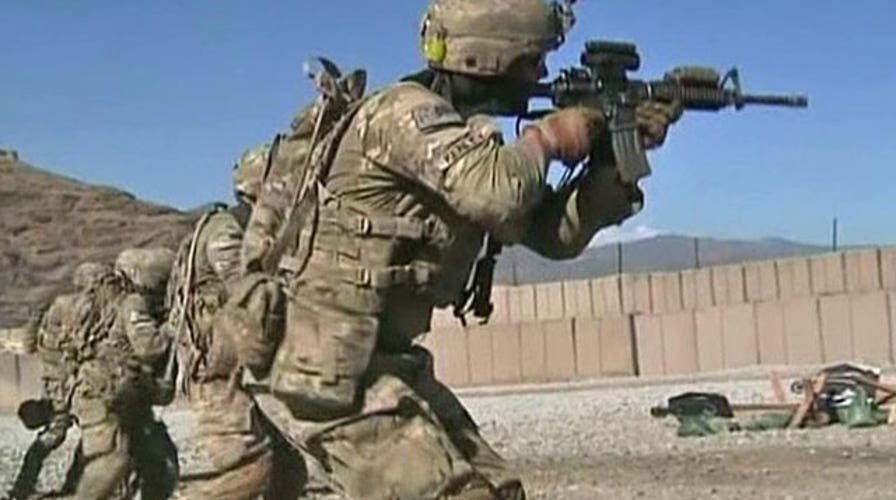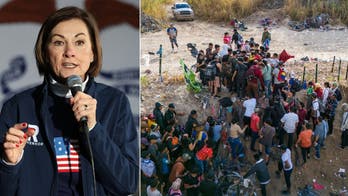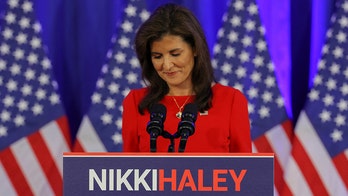Ralph Peters slams US-Afghan security deal
Fox News strategic analyst says nobody in the administration is doing the fundamental math
The tentative security deal reached between Secretary of State John Kerry and Afghan President Hamid Karzai could be at risk after Karzai told a gathering of elders that the signing should be put off until after next year's Afghan presidential election -- and signed only if it is approved by the council and the parliament.
The development comes even after President Obama, as part of the arrangement, wrote a letter to Karzai saying the U.S. will respect "Afghan sovereignty" under the security pact, which governs the presence of U.S. troops beyond 2014.
Obama also said the U.S. military will not conduct raids on Afghan homes except under "extraordinary circumstances" involving urgent risks to U.S. nationals. The raids have been a particularly sensitive issue to the Afghans.
A delay in the signing would be problematic for the U.S. government, which wants an agreement as soon as possible to allow American planners to prepare for a military presence after 2014, when the majority of foreign combat forces will have left Afghanistan.
Despite the decision to defer signing the agreement until after the scheduled April 5 election, Karzai spoke in support of the deal on the first day of the meeting of the 2,500-member national consultative council of Afghan elders known as the Loya Jirga Thursday in Kabul.
At one point, Karzai acknowledged there was little trust between his government and Washington. He was quoted by Reuters as saying "My trust with America is not good. I don't trust them and they don't trust me. During the past 10 years I have fought with them and they have made propaganda against me.''
However, Karzai, who has led the war-torn nation since U.S. forces helped overthrown the Taliban government in 2001, admitted that Afghanistan needed the pact to ensure the presence of U.S. aid as well as military support against the Taliban insurgency.
"We want this pact in order to move out of this unsteady situation," Karzai said. "If the foreigners leave unhappy, it will be very dangerous for us.''
Karzai did not address one of the biggest points of contention in the proposed deal, the U.S. request for jurisdiction over its own troops. Lack of agreement over that issue helped scuttle a similar agreement with Iraq and prompted Washington to order most troops out of that country in 2011.
The Loya Jirga retains the right to revise or reject any clause of the deal. If the deal is approved by the council, whatever version of the pact that is extant must also be approved by the Afghan parliament.
The Associated Press contributed to this report.





